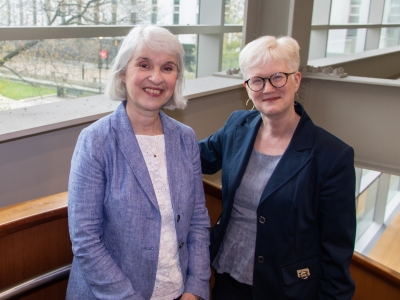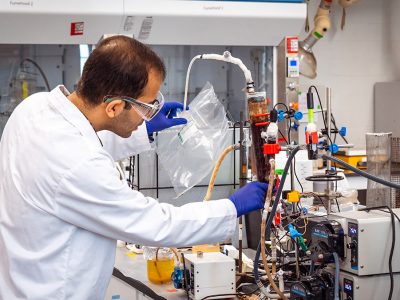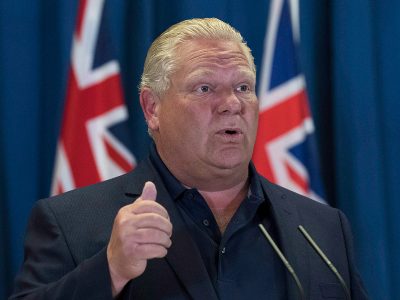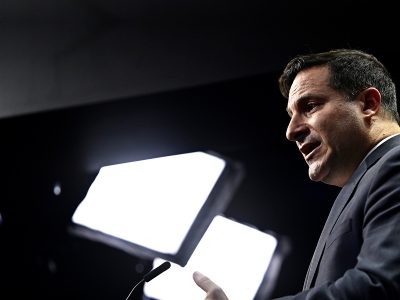By Dan Rubinstein
Photos by Chris Roussakis
Brexit. Refugees and migrants. Russia’s incursions into Ukraine. Terrorist attacks in France and Belgium. The Canada-European Union trade deal.
Although conflict in the Middle East, the candidacy of Donald Trump and the mushrooming economies in China and India remain in the media spotlight, Europe has started to attract more attention from Canadian academics, politicians and journalists in recent years.
And while the continent has never lost its global or domestic significance — the European Union is Canada’s second biggest trading partner, trailing only the United States — Carleton’s Centre for European Studies (CES) is poised to help us develop a deeper understanding of Europe’s central economic and political entity with three new grants from the Erasmus+ Programme of the EU, which will support the centre’s research, teaching and outreach activities.
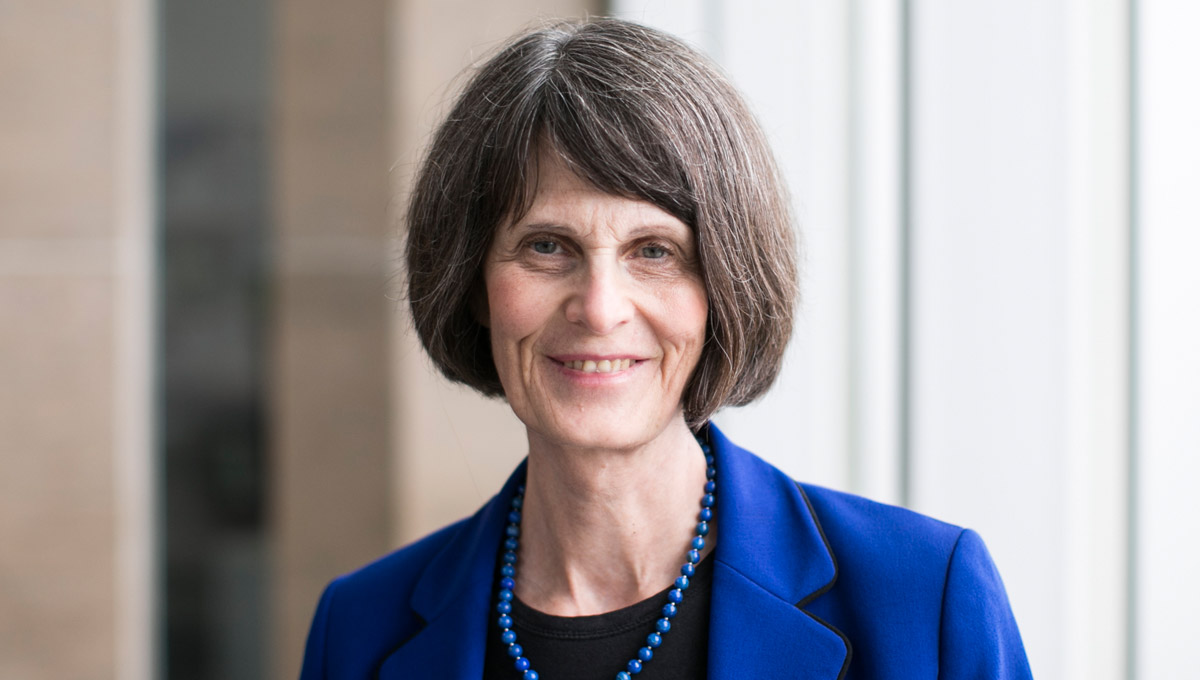
Professor Joan DeBardeleben, co-director of the Centre for European Studies
“Some people may think other parts of the world are more dynamic or more important, but all of the news coming out of the European Union these days is generating a lot of interest,” says Joan DeBardeleben, who co-directs CES with Political Science Prof. Achim Hurrelmann.
“It’s a rapidly changing environment that’s not shielded from the tensions impacting the rest of the world.”
Not all of the news is negative, she adds, citing the international leadership of European nations on climate change and sustainability issues, humanitarian assistance, and their efforts since the Second World War to develop a system of supranational law — a mechanism for countries to find solutions to common problems under a binding legal context.
“The EU is an extremely complicated but important body, a governance structure within which countries make decisions collectively,” says DeBardeleben. “I think we need more of this in the world.
“Canada has a lot in common socially, economically and politically with European countries,” she adds. “We can learn a lot from how the EU’s advanced industrial nations have dealt with a range of issues. Let’s face it: we’re probably not going to adopt policy solutions from China.”
The new funding will support the centre in three ways:
- CES has been selected to host a Jean Monnet Centre of Excellence, with €100,000 (about C$146,000) over three years facilitating research into EU external relations, economic governance, and migration and identity. The funding will also enhance synergies between EU scholars at Ottawa universities and create transatlantic connections between researchers in Canada and Europe, and support research by graduate students (especially field work in Europe) and experiential learning opportunities. And it will help CES engage with the policy, diplomatic and civil society communities in Ottawa by hosting policy-oriented events and producing publications that appeal to non-academic audiences.
- A two-year contribution of €47,130 (about C$69,000) will support “Studying EU in Canadian High Schools,” an outreach program to promote a better understanding of the EU among high school students in the Ottawa area through annual teachers’ workshops, conferences on European issues for high school students, a simulation of EU decision making and new lessons plans and training materials, with Carleton master’s students playing a major role in these initiatives.
- DeBardeleben’s post as a Jean Monnet Chair in EU Relations with Russia and the Eastern Neighbourhood was selected for renewal, providing €50,000 (about C$73,000) over three years to help her continue research, teaching and outreach that explores topics such as the EU’s policy toward Russia, impacts of the Ukraine crisis on EU policy, European integration and European security, and the importance of enlargement as an element of the EU’s past (and potentially future) eastern policy.
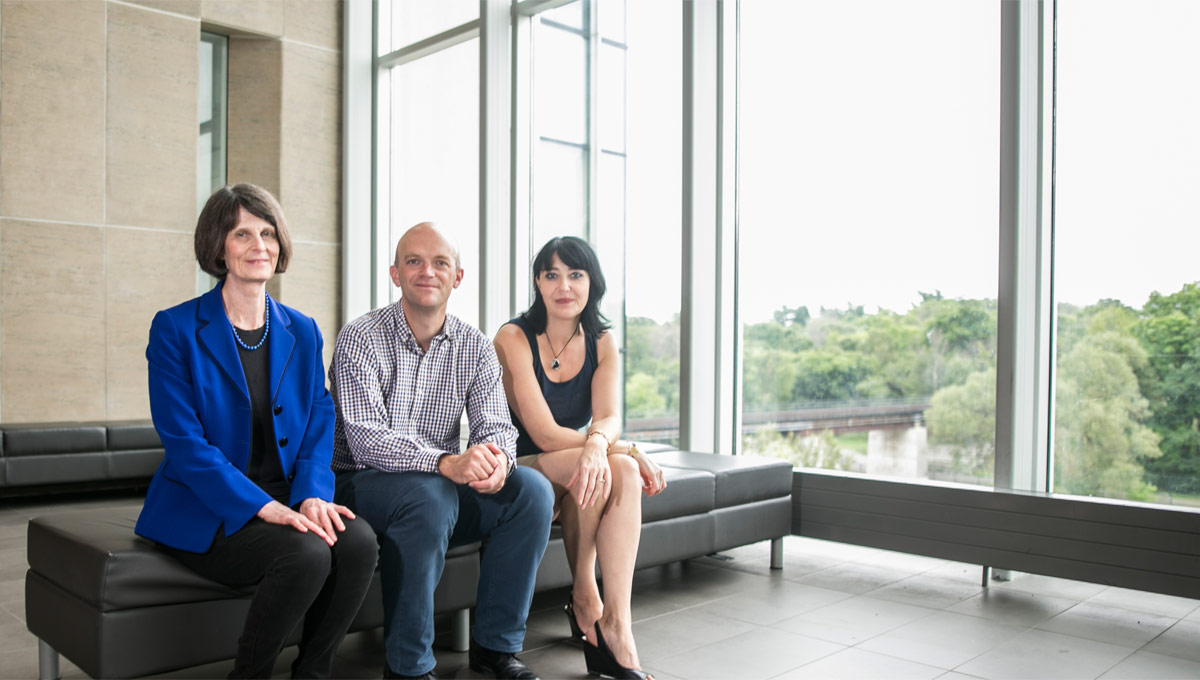
Impact on Canada is major
One of the keys to the effectiveness of CES, says DeBardeleben, is its focus on external audiences. Through podcasts, webinars and public lectures, and by engaging with the government, NGO and diplomatic communities in Ottawa via policy briefs and events, it helps a wide range of people understand the complex and often confusing processes of the EU and builds “a greater foundation of expertise.”
Even something that feels distant, such as the EU’s relationship with Russia, has an impact on Canada, says DeBardeleben, delving into her area of expertise. Russia is a nuclear power that’s active in the Arctic, and its interactions with the EU and U.S. — Canada’s two closest allies — are often fraught with tension. “So it’s very important for us,” she says, “how those relationships go.”
Hurrelmann, who also serves as director of Carleton’s Institute of European, Russian and Eurasian Studies (EURUS), does research on politicization, legitimation and democratization in EU multi-level governance.
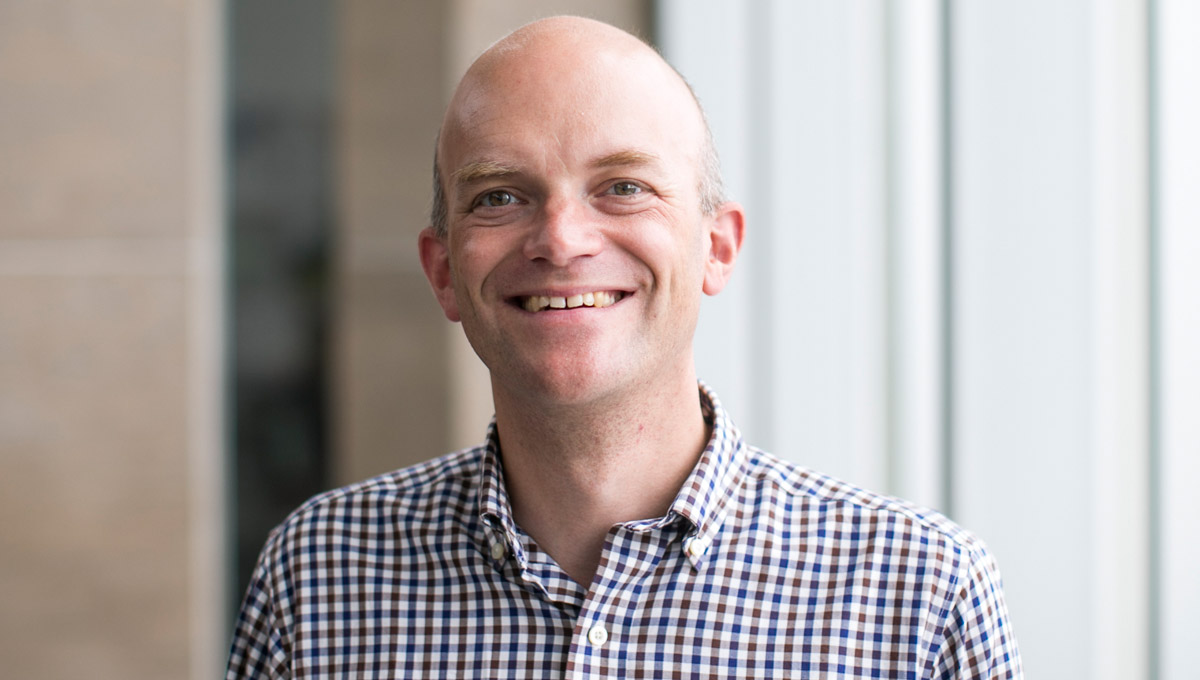
Professor Achim Hurrelmann, co-director of the Centre for European Studies
“Recent and ongoing crises have put Europe back in the news,” he says, “but there are also many positive developments — such as climate change adaptation — and Canada finds it easy to collaborate with like-minded EU countries.”
Canada and the EU have a mutual interest in the Arctic, migration issues and economic governance — all areas that CES addresses. The new funding, Hurrelmann says, will help CES continue its network building role, and ensure that the research conducted by its scholars has an impact beyond academia.
In the short term, CES can respond to global events in a timely manner; for instance it is holding a half-day panel discussion on Brexit on Friday, Sept. 23.
Canadians have historically taken a British view of the EU with a fair amount of “Euro-skepticism,” says Hurrelmann. That’s changing, and it’s valuable to look not only at what works well within the EU, but also what doesn’t work, and how these dysfunctions might be addressed.
Sending grad students overseas to do field work is another important aspect of CES, adds Hurrelmann, citing a Carleton master’s candidate working on anti-corruption policy who recently went to Italy to talk to regional governments about how EU measures impact them on the ground. That type of research, he says, is much more difficult to do remotely.
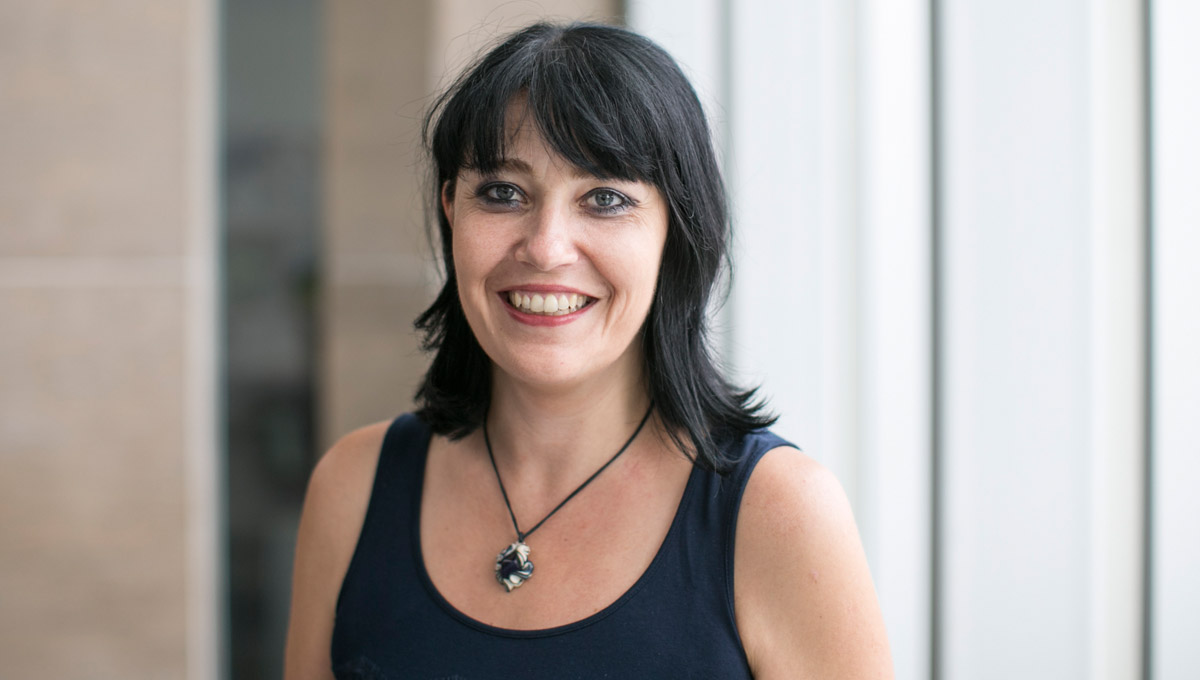
Professor Crina Viju
These experiences, as well, help students who come through CES or EURUS secure jobs after graduation, with so many federal government departments and agencies that operate in Europe based in Ottawa.
But CES isn’t content to wait for students to enroll in Carleton. Its high school outreach puts the EU on their radar.
“Not many young people understand what the EU is because they’re just not exposed to it,” says Crina Viju, a CES professor who studies EU economic integration, trade relations and policy and helms the centre’s high school initiatives.
Workshops for high school teachers led by Carleton professors and graduate students, the information and curriculum-appropriate lesson plans on CES’ eulearning.ca website, a conference for high school students next winter, and an EU parliamentary simulation will help raise awareness and interest.
“That’s the main goal,” says Viju. “Even if these students don’t come to Carleton, or don’t study these issues at any university, maybe they’ll at least pay attention to the news with a little more knowledge. And that matters, because at the end of the day, what happens in Europe will impact all of us.”
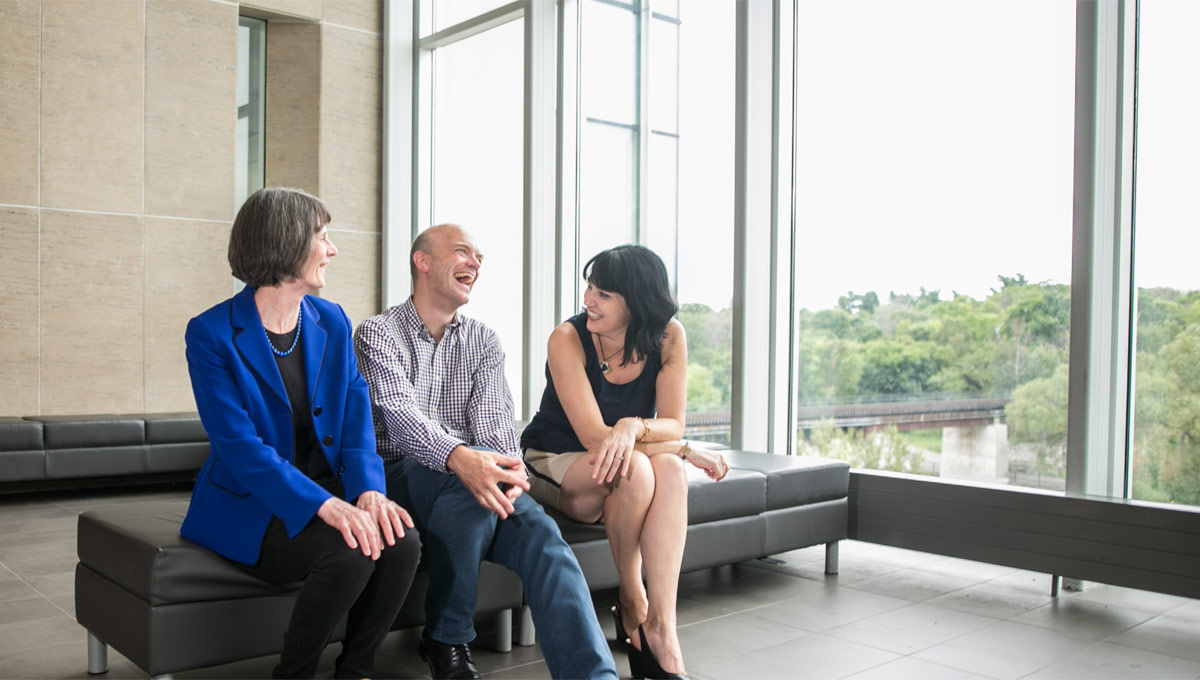
Friday, August 19, 2016 in International, Political Science, Research
Share: Twitter, Facebook
